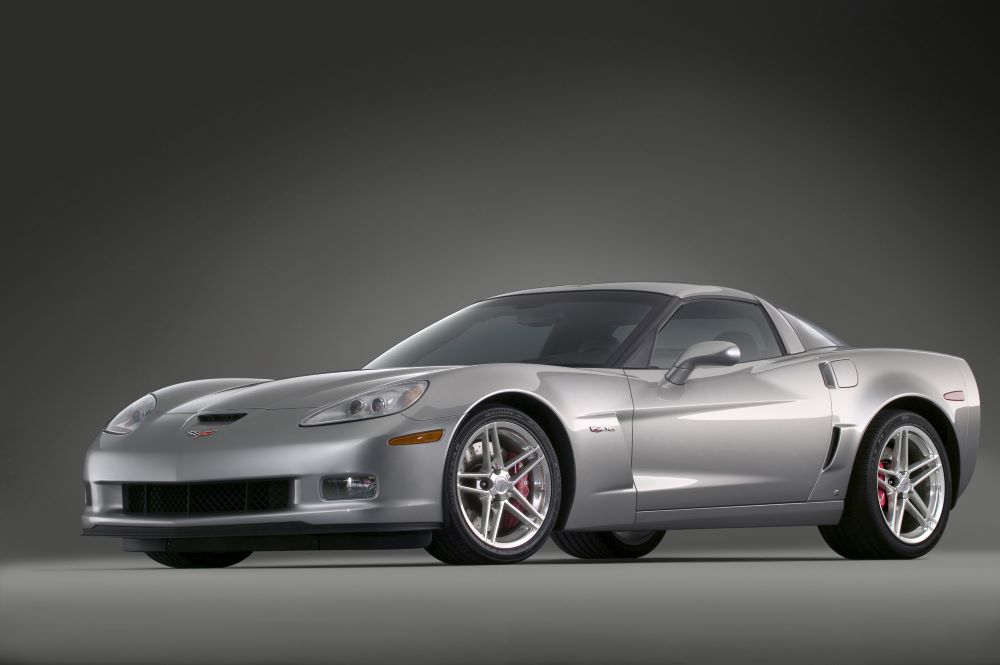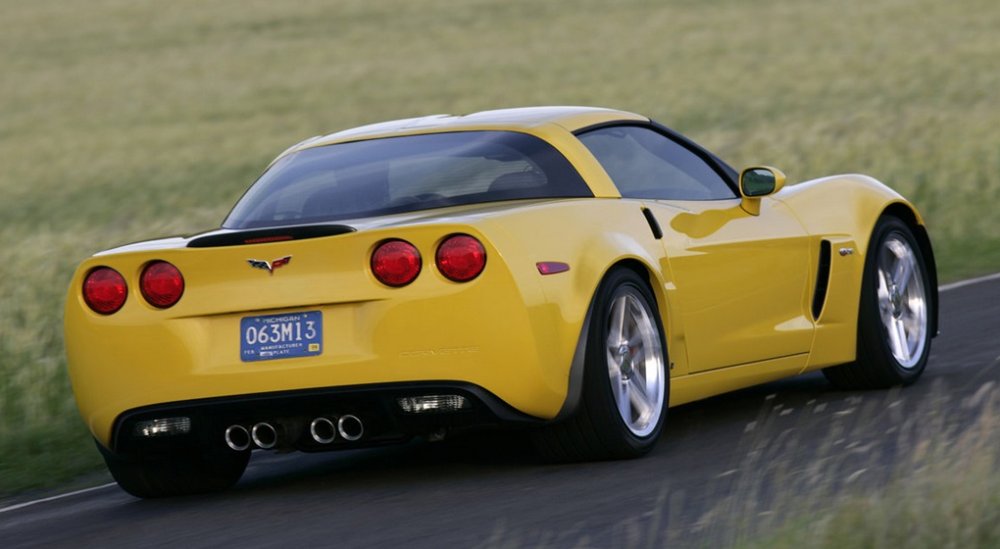Are GM’s LS7 V8 Engine Issues Overblown or Totally Warranted?

Are GM’s LS7 V8 Engine Issues Overblown or Totally Warranted?
Are GM’s LS7 V8 Engine Issues Overblown or Totally Warranted?

People looking to buy a C6 Corvette Z06 are often worried about LS7 V8 engine issues. But here’s the not-so-simple truth…
In the world of the Corvette, most are well aware of the LS7 V8 engine issues owners have faced. In spite of the fact that it was in production for some time and based on a pretty iconic – and reliable – base, the LS7 has developed a bit of a reputation online for being unreliable, but it’s worth wondering if that assessment is fair or not.
Luckily, Lyle at C&S Corvettes was able to take a deeper dive into this topic recently after speaking with Paul Kerner, the head Corvette tech at GM.
First up, we must note that the LS7 was based on the 5.5-liter V8 used in the C5.R and C6.R racers, but was punched out to displace 427 cubic inches for the C6 Z06. It also utilizes some pretty exotic parts, such as titanium intake valves and stainless steel exhaust valves with sodium-filled stems, which are designed to help dissipate heat. However, many have claimed that these valves tend to go bad, or that the engines will eat valves or burn up pistons because of a flawed design.

Back in 2006, GM did admit that some of the heads used on these engines weren’t machined properly, though they managed to correct the issue and it didn’t continue in future model years. The truth of the matter is, tolerances on the LS7 are very tight, and any disruption to airflow can have consequences, as Lyle points out. As a result, modifying the LS7 can alter that airflow and lead to problems – as Lyle notes, few stock engines have failed, save for a handful of camshaft-related victims.
Lyle also says that even though the LS7 can rev to a fairly high 7,000 rpms, doing so on a regular basis isn’t apparently a great idea. Ultimately, however, GM has determined that aftermarket upgrades – specifically, things like the air intake and exhaust – should be avoided with these engines, as they have a particularly negative effect on the air/fuel mixture.
Of course, many enthusiasts will undoubtedly take issue with this and say the LS7 is simply flawed if we can’t modify it without worrying about it eating a piston or dropping a valve, and they have a bit of a point. But at the end of the day, this revelation also means that those in the market for one of these cars would likely be better served seeking out a bone stock example.
Photos: Chevrolet

